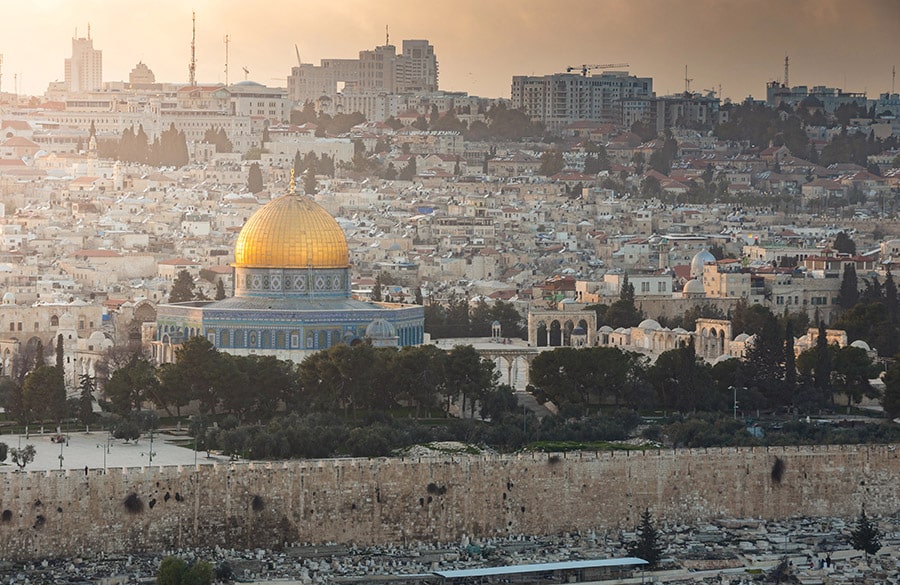Date: Friday 21 July 2006
Subj: Afghanistan: The return of the religious police.
To: World Evangelical Alliance Religious Liberty News & Analysis
From: WEA RLC Principal Researcher and Writer, Elizabeth Kendal.
When Afghanistan was ruled by the Taliban, strict conservative
Islamic practice and values were enforced by the religious police of
the Department for the Promotion of Virtue and Prevention of Vice.
This force, famous for beating women, destroying art and turning
executions into spectator sport, was disbanded after the Taliban was
ousted in 2001. Now however this department is being reinstated by
President Hamid Karzai`s government.
WAR FOR AFGHANISTAN BEING FOUGHT ON TWO FRONTS
There are two battles raging in Afghanistan: the battle between the
US and allied forces against a resurgent Taliban; and the battle
between Afghanistan`s hard-line Islamist conservatives and reformist
West-leaning moderates. Taliban military advances, Afghan (mostly
Taliban) deaths at the hands of “infidel” forces, and Taliban
propaganda against the “apostate government” of “US-puppet”
President Hamid Karzai, are all playing into the hands of the
hard-line Islamist conservative forces.
The reality is that the government is only one of many power groups
in the nation. The government does not control anything much outside
Kabul. The countryside is politically fragmented and controlled by
warlords who fight either with the Taliban or against them according
to their own interests at any time. American military might is not
the primary weapon against the Taliban. America has only about
one-tenth of the troop numbers that the Soviets did when they failed
to pacify the mujahideen. Rather it has been America`s ability to
manipulate and buy the co-operation and allegiance of the warlords.
But, as Stratfor Intelligence comments: “As Taliban power increases,
the willingness of regional warlords to collaborate with the
government and the United States decreases. No one wants to be
caught on the wrong side of a war in that country.” (Stratfor 19 May)
Reflecting the political difficulty caused by Afghan deaths, Afghan
President Hamid Karzai recently called on the international
community to re-evaluate its strategy regarding the war on
terrorism, saying the death of hundreds of Afghans in fighting with
coalition troops is “not acceptable”. According to Stratfor
Intelligence Karzai told a news conference in Kabul, “I strongly
believe … we must engage strategically in disarming terrorism by
stopping their sources of supply of money, training, equipment and
motivation.” This, while both logical and strategic, would also
shift the focus of the war on terror to Pakistan. Karzai added that
even if the approximately 600 people killed in Afghanistan over the
past month are Taliban, “they are sons of this land”. (Stratfor 23 June)
TALIBANISATION
In a clear sign that Afghanistan`s reformist moderates are
drastically lacking support and struggling for political survival,
President Karzai`s Cabinet has approved a proposal from the
government-appointed council of Muslim clerics to reinstate the
Department for the Promotion of Virtue and Prevention of Vice.
The Pak Tribune (Pakistan News Service) notes: “Although crackdowns
on forms of expression deemed un-Islamic have generally come from
the courts, and although conservative Islamists are currently the
main block in Parliament, this initiative came from the President`s
recently approved Cabinet.” The decision was clearly made for
short-term political gain but the long-term implications for
Afghanistan are deeply worrying.
Tom Coghlan reports from Kabul for The Independent: “The Afghan
government has alarmed human rights groups by approving a plan to
reintroduce a Department for the Promotion of Virtue and Prevention
of Vice, the body which the Taliban used to enforce its extreme
religious doctrine.
“The proposal, which came from the country`s Ulema council of
clerics, has been passed by the cabinet of President Hamid Karzai
and will now go before the Afghan parliament.” (Link 1)
Coghlan quotes the Minister for Haj and Religious Affairs,
Nematullah Shahrani, who says, “The job of the department will be to
tell people what is allowable and what is forbidden in Islam. In
practical terms it will be quite different from Taliban times. We
will preach … through radio, television and special gatherings.”
According to Coglan, Shahrani denied that the department would have
police powers but said it would oppose the proliferation of alcohol
and drugs and speak out against terrorism, crime and corruption,
adding that it would also encourage people to behave in more Islamic
ways.
Likewise, the Deputy Minister for Haj and Religious Affairs Ghazi
Suleiman Hamed assured Radio Free Europe/Radio Liberty`s (RFE/RL)
Radio Free Afghanistan that the new department will be quite
different from the one run by the Taliban. He said there would be no
violent punishment, only education, preaching, and encouragement to
help move people towards God. (Link 2)
The assurances of moderation provide little comfort to multitudes of
Afghan citizens who have traumatic memories of Taliban repression
and violence. Likewise, analysts and human rights groups have
expressed great concern that the new Department for the Promotion of
Virtue and Prevention of Vice could become a force of political and
religious oppression in the guise of protecting Islamic values. The
crimes the department will allegedly focus on, such as alcohol and
prostitution, are already covered under criminal law. There is also
drastic shortage of safeguards, and the definition of virtue is
vague and open to interpretation.
Coglan reports that while Western diplomats have reacted with unease
to the proposal, several told The Independent that they believed the
move was partly designed to defuse Taliban propaganda which accuses
the Karzai government of being un-Islamic.
Coglan writes, “With the Taliban making considerable gains in the
south the Karzai government has been keen to establish a more
conservative Islamic profile and to appear more critical of Western
military operations.”
Legislator Shukria Barekzai told RFE/RL that it was not clear when
the parliament would debate and consider the proposal. However, she
believes there is no need for such a department unless it commits to
fighting bureaucratic corruption.
Likewise MP Ahmad Behzad told AFP that he believed there was no need
for such a department. “This decision was made under extreme
pressure from religious groups — a return to Taleban rule is
impossible but some circles are trying to lead Afghanistan towards
Talebanisation. To preach virtue is cultural work — through the
media, papers and other means.” According to the AFP the Taliban
are waging a growing insurgency “with a sophisticated propaganda
campaign that includes condemning the government`s foreign allies as
anti-Islamic `infidels` who are undermining the country`s morality”.
(Link 3)
Mohamed Asif Nang, the spokesman for parliamentary affairs, told
Reuters he did not know when parliament would debate the proposal,
but if parliament decided to set the force up again, it would also
determine its duties. (Reuters 16 July 2006)
The Afghan Parliament reconvenes at the end of July.
Elizabeth Kendal
[email protected]
Links
1) Fury as Karzai plans return of Taliban`s religious police
By Tom
Coghlan in Kabul, 17 July 2006
http://news.independent.co.uk/world/asia/article1181612.ece
2) Afghanistan: Proposal To Create Morality Department Causes Concern
PRAGUE, 18 July 2006 (RFE/RL)
http://www.azadiradio.org/en/news/2006/07/12E5F422-DFD8-42FC-A25D-5984C96EC3B2.ASP
3) Alarm over govt`s move to set up Taleban-like `vice squad`
AFP 19 July 2006
—————————————–
**WEA Religious Liberty News & Analysis**
[email protected]
—————————————–
Please feel free to pass this along to others giving attribution to:
“World Evangelical Alliance – Religious Liberty News & Analysis.”
To subscribe for Religious Liberty News & Analysis, please send
your request to Elizabeth Kendal [email protected].
Please include your name and country or state of residence.
For more information on the World Evangelical Alliance, please see:
http://www.WorldEvangelicalAlliance.com,
For the Religious Liberty Commission of the WEA, see:
http://www.WorldEvangelicalAlliance.com/commissions/rlc.htm.
All WEA RLC material is archived at http://www.ea.org.au/rlc.
PRAYER: For those of you who would like more detailed information on
situations for prayer and intercession, we recommend that you
subscribe to the WEA Religious Liberty Prayer List. Each week a
different nation or situation is highlighted. To subscribe, send an
empty e-mail to [email protected] with any or no subject.
Advocates International http://www.advocatesinternational.org
serves as the legal and judicial advisor to the RLC. Advocates
International links many Christian lawyers and judges around the
world and has been involved in religious liberty issues for many
years.
The Religious Liberty News & Analysis mailing list provides reports
on the state of religious liberty and persecution around the world
with those with a special interest in the field. Most members are
involved in church-based religious liberty advocacy, academic
research, missions leadership, creative-access missions, religious
media, or have prayer networks supporting these groups, although
anyone is welcome to join. Postings average one or two per
week. Information shared does not necessarily reflect the opinion
of World Evangelical Alliance, or of the WEA Religious Liberty
Commission.




Stay Connected